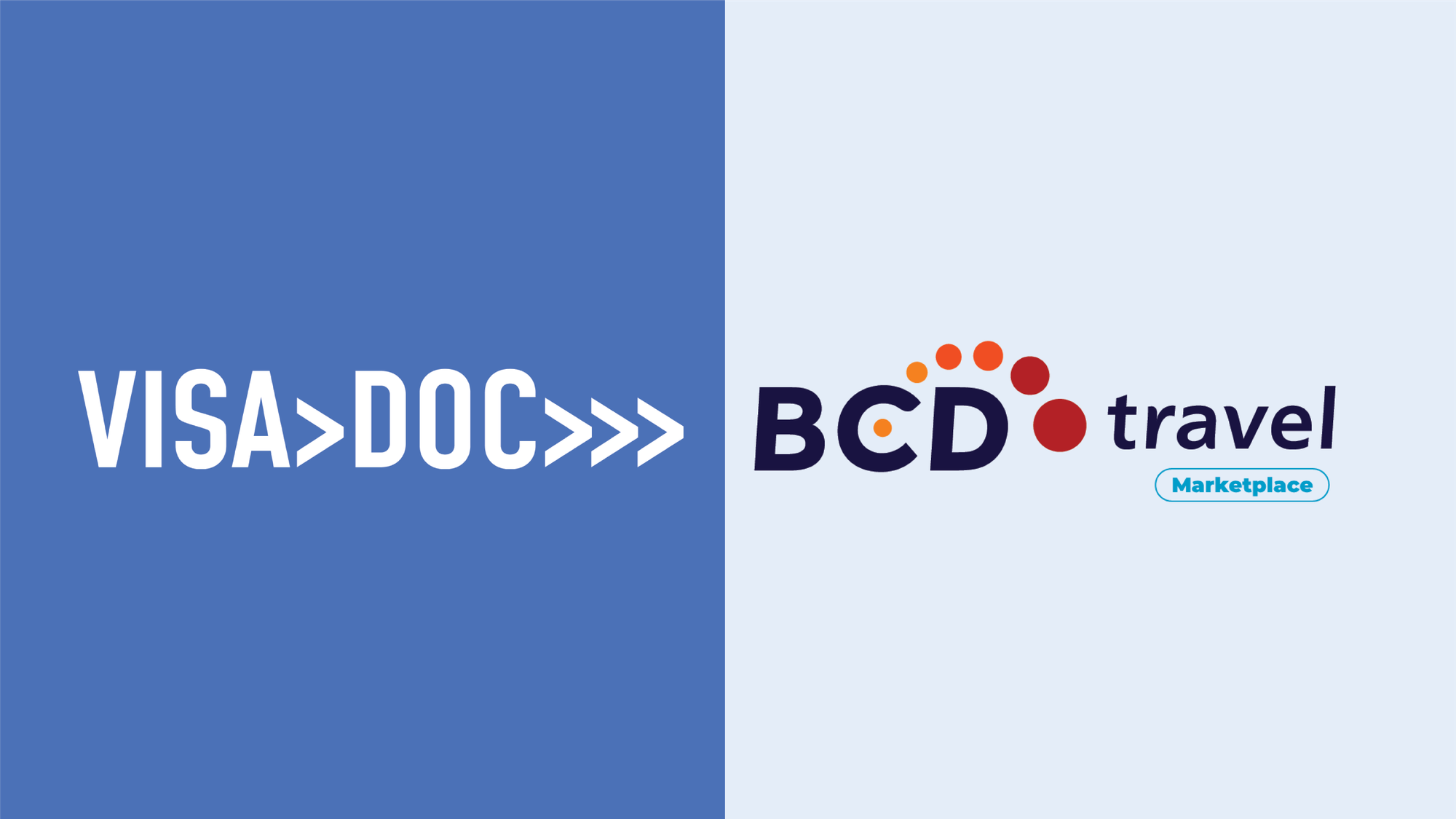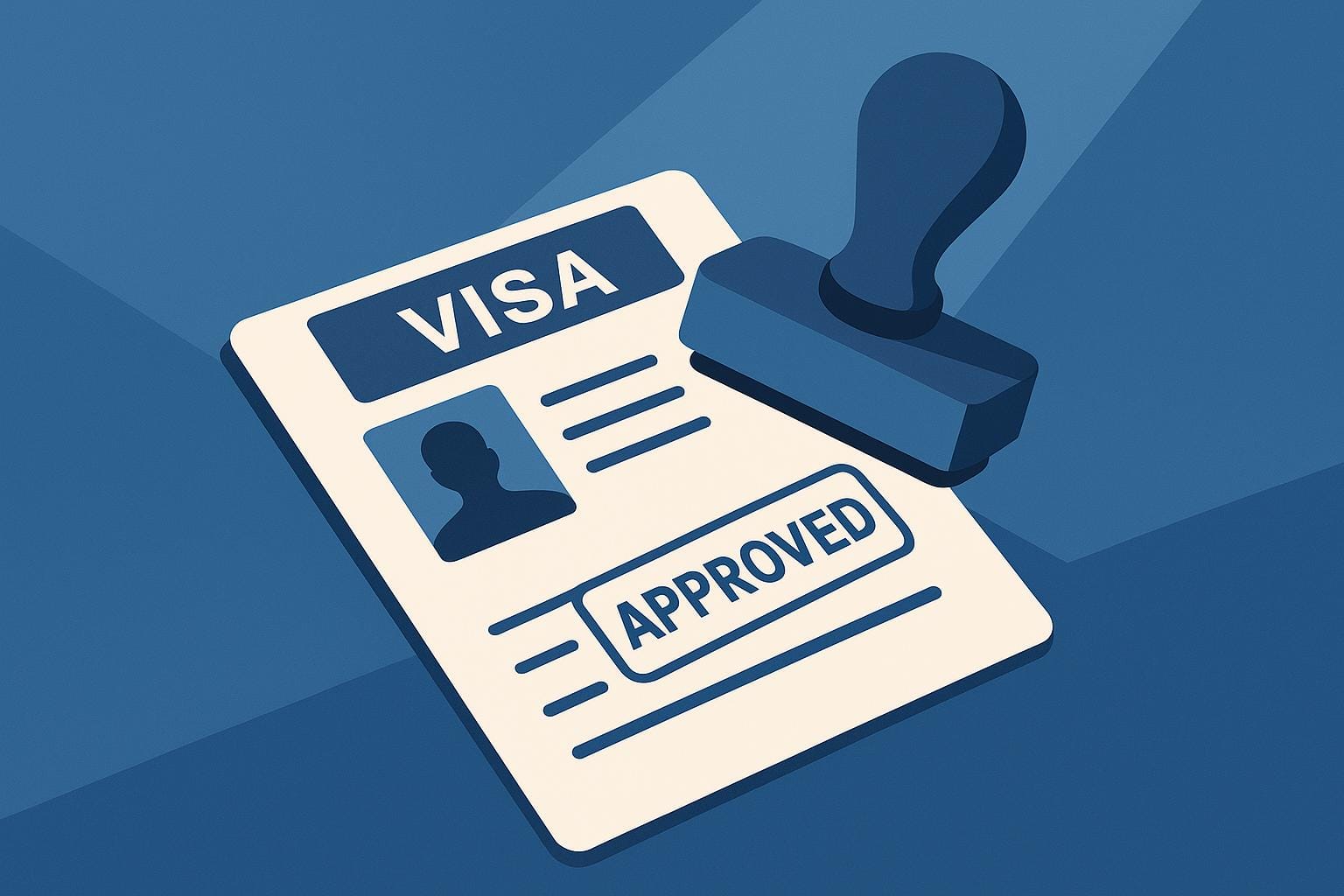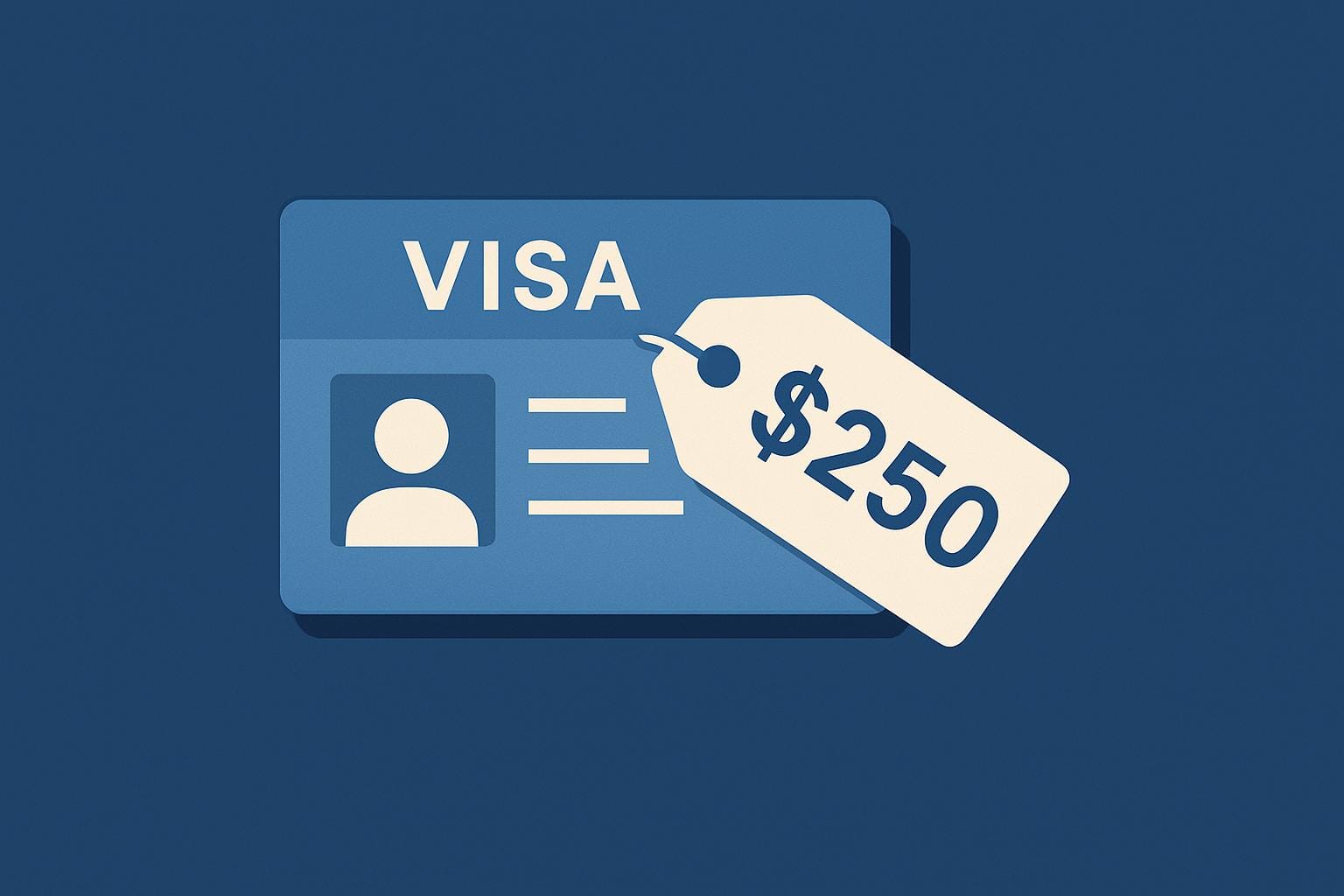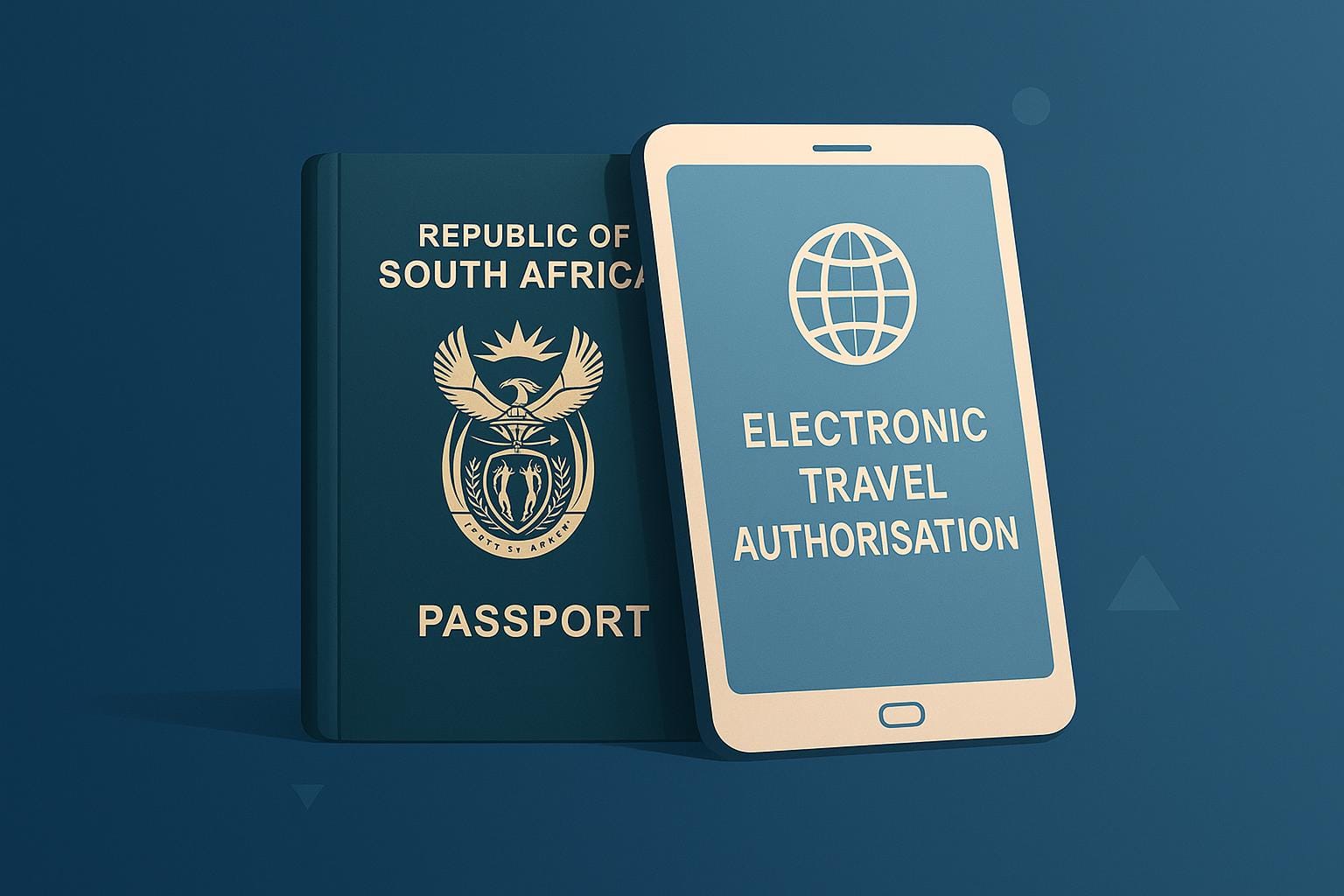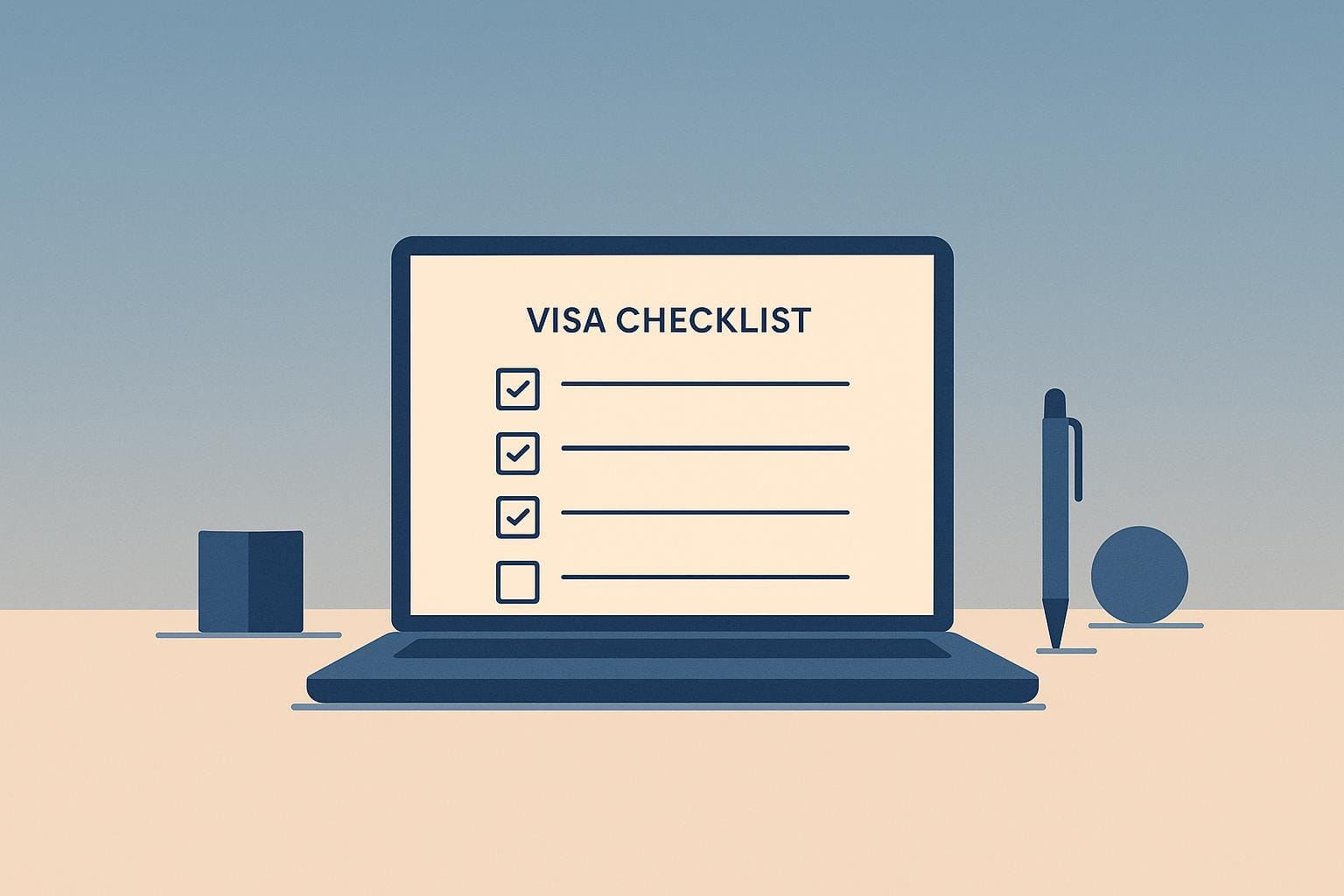Kenya’s Business Meeting Visa simplifies corporate travel within the East African Community (EAC), enabling professionals to unlock business opportunities in a market of 330 million people with a combined GDP of $296 billion. Here’s what you need to know:
-
Visa Types:
- Single-Entry Business Visa: $51, valid for 90 days.
- Multiple-Entry Business Visa: $101, valid for one year.
- East Africa Tourist Visa: $101, allows access to Kenya, Uganda, and Rwanda for 90 days.
-
Key Benefits:
- Faster border crossings with improved infrastructure.
- Access to Kenya’s Special Economic Zones (SEZs) and regional markets.
- Supports free movement of goods, services, and people under the EAC Common Market Protocol.
-
Who Benefits?:
- Multinational corporations like Safaricom and Equity Bank.
- Financial, manufacturing, and logistics sectors.
-
Eligibility:
- EAC citizens enjoy simplified access.
- Non-EAC nationals must apply via Kenya’s electronic Travel Authorisation (eTA) system.
-
Application Process:
- Apply online via the eCitizen platform.
- Submit documents like a valid passport, business invitation letter, and proof of financial capability.
This visa is essential for businesses seeking to expand within East Africa, offering simplified travel and access to growing markets.
Eligibility Requirements for the Kenya Business Meeting Visa
Eligibility rules for Kenya's business meeting visa vary depending on your nationality and the nature of your business activities.
Who Is Eligible?
Citizens of East African Community (EAC) Member States - such as Uganda, Rwanda, Burundi, South Sudan, and Tanzania - enjoy simplified access. They do not need a visa to travel to other EAC countries (except the Democratic Republic of Congo).
For non-EAC nationals, the process is more detailed. Since January 2024, Kenya mandates the use of its electronic Travel Authorisation (eTA) system for all visa applications. This visa covers activities like attending international meetings, conferences, and business discussions. However, it's important to note that the business visa strictly prohibits work or any form of paid employment. If you plan to work in Kenya, including voluntary roles, you must secure separate authorisation from the Director of Immigration Services in Nairobi.
Having the correct documentation is critical to a successful application.
Required Documentation
To apply, ensure your documentation is accurate and complete. A valid passport is essential - it must have at least six months' validity from your arrival date in Kenya and at least one blank page.
A business invitation letter is another key requirement. This letter, issued by a Kenyan company, should confirm the purpose of your visit, specify your role, and outline your planned travel dates.
Here’s a breakdown of the necessary documents:
| Document Category | Specific Requirements |
|---|---|
| Personal Documents | Valid passport (6 months validity, 1 blank page), passport-sized photograph, scanned copies of the passport's biography page and cover |
| Business Documentation | Invitation letter from a Kenyan company, copy of the Kenyan company's registration certificate, staff ID and Kenyan ID of the person signing the invitation |
| Financial & Travel Proof | Proof of financial capability, hotel booking confirmation, proof of onward travel or a return ticket |
In addition to the above, you'll need the staff ID and Kenyan ID of the individual signing your invitation letter. Proof of financial capacity, hotel reservations, and a return or onward ticket are also required to confirm the legitimacy of your visit. If you're applying for a multiple-entry visa, include a copy of any previously issued Kenyan visa.
Keep in mind that while obtaining a business eTA is an important step, it does not guarantee entry into Kenya. Border control officers have the final say. Ensure all information provided during your application is truthful and accurate. Violating visa conditions, overstaying, or submitting false details can lead to penalties like fines, detention, deportation, and future visa denials. Proper preparation and accurate documentation are crucial to avoid complications at the border.
Step-by-Step Application Process
Applying for a Kenya Business Meeting Visa is a fully digital experience, handled through Kenya's eCitizen platform. This streamlined process allows corporate teams to manage multiple applications with ease.
How to Apply Online
Start by creating an account on the eCitizen portal (www.ecitizen.go.ke). If you're a first-time user, register as a visitor. Once logged in, head to the Department of Immigration Services section and click on "Submit Application." From there, select "Kenyan Visa" and choose the specific business meeting visa type that suits your needs. Be thorough when completing the form - any missing information could result in rejection.
You'll need to fill in your passport details and upload scanned copies of the biography page of your passport and your business invitation letter. Payment can be made using credit or debit cards, so make sure to pay the visa fee and save the receipt for your records. After submission, you'll receive a tracking number to monitor the progress of your application. Once you've completed these steps, review the payment details and processing timelines outlined below.
Payment and Processing Timelines
The Kenya Business eTA application fee is $35.00 USD (about £28), excluding additional processing charges. For single-entry business visas, the cost is approximately $51 (around £41), while multiple-entry visas are priced at about $101 (around £81). Processing times for e-visas typically range from one to four business days. However, to avoid any delays or last-minute issues, it’s recommended to apply at least five business days in advance - or even 15 days ahead during busy periods.
Once your application is approved, download and print your eVisa from your eCitizen account. Keep in mind that having an eVisa does not guarantee entry into Kenya.
Automation Tools for a Simple Process
Visa issues affect around 17% of business trips, costing companies an estimated £2.4 billion annually. To address these challenges, VisaDoc offers a range of automation tools tailored for HR and legal teams.
VisaDoc’s AI system automatically verifies visa requirements and checks documents for errors prior to submission. Its centralised dashboard provides real-time updates on application statuses, predictive timelines, and automated alerts. The platform also includes an intelligent document management system for data extraction and compliance checks. Additionally, it integrates seamlessly with existing HR and travel booking systems, eliminating the need for duplicate data entry. Customisable workflows and automated compliance audits ensure organisations stay on top of regulatory requirements.
These features can reduce manual processing efforts by up to 90%, allowing HR teams to focus on more strategic priorities.
Using the Visa for Corporate Partnerships in the EAC
Benefits for Regional Business Collaboration
Kenya's Business Meeting Visa opens the door to the East African Community (EAC) market, which boasts a population of 330 million and a combined GDP of about £237 billion. With its multiple-entry option, valid for 3 to 12 months, this visa is tailored for businesses aiming to maintain consistent regional connections.
The visa supports frequent face-to-face interactions - critical for building trust and negotiating deals. Plus, it allows travellers to re-enter Kenya from any EAC member country, including Uganda, Tanzania, Burundi, and Rwanda. This makes it a practical choice for businesses operating across multiple countries in a single trip.
Trade within the EAC has seen impressive growth, rising from approximately £5.0 billion in 2017 to around £11.0 billion in 2023. This growth highlights the expanding opportunities for businesses that navigate the regional market effectively.
For those opting for a single-entry visa, the 30-day stay provides ample time for tasks like partnership discussions, due diligence, and relationship-building. On the other hand, the multiple-entry visa eliminates the hassle of repeated applications, saving both time and money. These advantages are evident across various industries thriving in the region.
Case Examples of EAC Corporate Success Stories
Real-world examples clearly show how businesses benefit from this visa framework.
In Kenya's banking sector, major players like Equity Bank and KCB Bank have successfully expanded into neighbouring countries, including Uganda, Tanzania, and Rwanda. This has increased access to financial services across East Africa and strengthened regional economic ties[6, 26].
The telecommunications industry also offers compelling examples. Ugandan companies have leveraged the liberalisation of the EAC Common Market to enter new territories, boosting connectivity and fostering competition across the region.
Safaricom's M-Pesa is another standout success. Its expansion into Uganda, Tanzania, Rwanda, and Ethiopia has revolutionised cross-border trade. By enabling instant money transfers, M-Pesa has not only reduced transaction costs but also empowered small and medium-sized enterprises to thrive in regional markets.
In retail, Naivas Supermarket's move into Uganda highlights the potential for regional growth. Through detailed market analysis, strategic supplier partnerships, and compliance with cross-border regulations, the company has contributed to deeper financial integration within the EAC.
The manufacturing sector has also benefited significantly. Back in 2001, the inclusion of garments in the African Growth and Opportunity Act (AGOA) allowed duty-free access to the US market. This policy spurred partnerships, supply chain collaboration, and market expansion for apparel manufacturers across the region, including Kenya.
These examples illustrate that managing visas effectively is more than just an administrative necessity - it's a strategic tool for driving regional business success. Companies that streamline their cross-border travel processes are better equipped to seize opportunities, build strong partnerships, and expand their presence in the EAC market.
Best Practices for Compliance and Risk Management
Staying Updated with Regulations
Kenya's immigration policies are known to change frequently, and failing to comply can result in hefty fines of up to KES 500,000, criminal charges, or even bans on future entry. For businesses leveraging the Kenya Business Meeting Visa to forge corporate partnerships, it’s crucial for HR and legal teams to stay on top of regulatory changes. Using dedicated monitoring tools to track updates across Kenya and the East African Community's legal frameworks can make this task more manageable.
The Kenyan Citizenship and Immigration Act, 2011 places several responsibilities on employers. These include verifying the validity of work permits, keeping immigration documentation current, registering all foreign employees with the Kenya Immigration Department, and informing authorities when employment contracts end. On top of that, Kenya’s "Kenyans First" policy requires employers to advertise job openings locally and maintain proof that no qualified Kenyan applicants were available before hiring foreign workers.
To navigate these complexities, partnering with legal experts who specialise in Kenyan immigration law can be invaluable. Their expertise ensures businesses stay informed about the latest regulations and provides guidance for handling tricky cases, reducing the likelihood of errors in visa applications.
Avoiding Common Application Mistakes
Errors in visa applications can lead to delays and, in some cases, outright rejections. Some of the most common mistakes include incomplete forms, mismatches in passport details, and selecting an incorrect visa type. A systematic approach - such as using a checklist to confirm that names, passport numbers, and dates are consistent across all documents - can help avoid these pitfalls. Starting the process early, as soon as travel plans are finalised, gives applicants enough time to address unexpected technical issues like account setup problems, document upload errors, or payment glitches.
Integrated compliance tools can play a big role in reducing these errors. For instance, platforms like VisaDoc offer solutions to streamline the process and ensure accuracy.
Using VisaDoc for Compliance Support
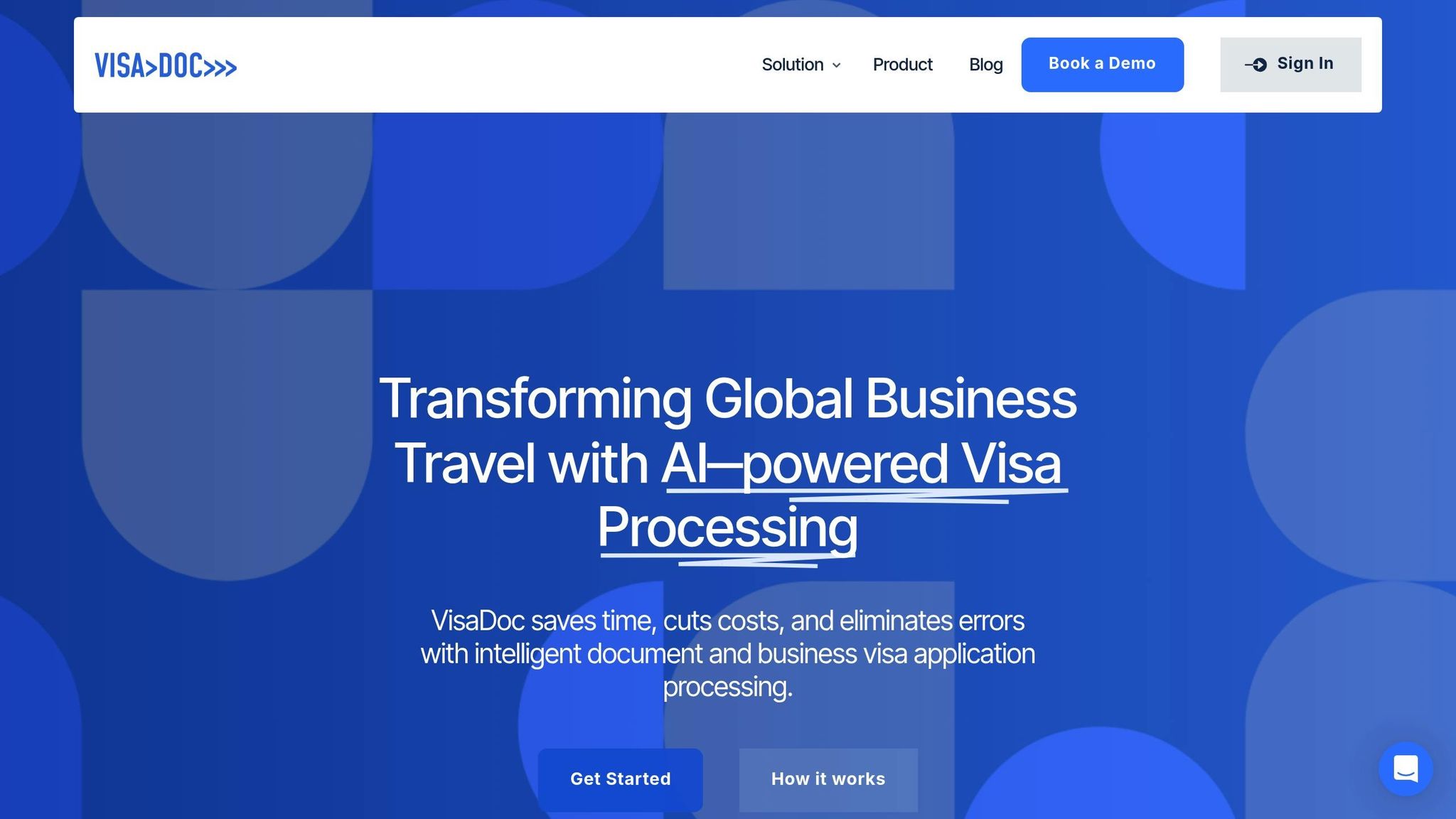
VisaDoc’s automated platform is designed to simplify compliance management. Its features include reminder systems, audit trails, and real-time status updates. These tools help businesses meet critical deadlines while maintaining detailed records of application activities. For companies managing regional business travel, VisaDoc can significantly improve efficiency and reduce the stress of staying compliant.
Conclusion and Key Takeaways
Kenya's Business Meeting Visa has become a key tool in strengthening corporate ties within the East African Community (EAC), playing a crucial role in driving economic growth and opening doors to new opportunities in this dynamic region.
Beyond being a simple travel document, this visa enables cross-border collaboration, facilitates the exchange of knowledge, and supports the development of partnerships. Its alignment with the goals of the African Continental Free Trade Area - focused on boosting intra-African trade and mobility - further highlights its importance in advancing the continent's economic integration.
That said, navigating visa compliance and adapting to regulatory changes can be a complex task for HR and legal teams. VisaDoc simplifies this process with its automated platform, offering businesses a streamlined way to manage applications and maintain compliance. This allows companies to dedicate more energy to fostering valuable partnerships without worrying about administrative hurdles.
FAQs
What are the key benefits of Kenya’s Business Meeting Visa for companies operating within the East African Community?
Kenya’s Business Meeting Visa offers a practical solution for companies operating within the East African Community (EAC). With its multiple-entry option valid for up to 90 days, it simplifies regional travel, allowing business professionals to attend meetings and oversee operations across borders without the hassle of repeated visa applications. This convenience not only saves time but also reduces paperwork, making cross-border business activities much smoother.
The visa also plays a key role in promoting regional trade and collaboration. By providing easier access to Kenyan markets, it strengthens partnerships within the EAC and supports Kenya’s efforts in advancing regional integration and trade. This makes it an important asset for businesses seeking to deepen their connections and explore growth opportunities within the region.
For multinational companies, these benefits mean greater efficiency, easier market entry, and closer regional connections, making the visa a valuable tool for expanding their presence in East Africa.
How does the Kenya Business Meeting Visa support corporate partnerships and trade within the East African Community?
The Kenya Business Meeting Visa is an important tool for boosting corporate partnerships and trade within the East African Community. Its purpose is to simplify travel for business professionals, offering a smoother alternative to traditional visas that often come with lengthy processes and complicated requirements.
By offering a more straightforward application process, this visa allows professionals to focus on what matters - attending meetings, negotiating deals, and forming partnerships. This approach cuts through bureaucratic red tape, paving the way for stronger regional cooperation, increased economic integration, and greater investment opportunities across the East African Community.
What mistakes should businesses avoid when applying for Kenya's Business Meeting Visa, and how can they ensure compliance with immigration rules?
When applying for Kenya's Business Meeting Visa, there are a few pitfalls to watch out for. These include submitting forms that are incomplete or contain errors, providing inaccurate details, or failing to include the required supporting documents. To steer clear of these problems, take your time to fill out the forms accurately, double-check all the information, and ensure you attach every necessary document.
Adhering to Kenyan immigration rules is equally important. Businesses should carefully follow the official guidelines, stick to deadlines, and maintain full transparency throughout the application process. A thorough review of the requirements beforehand can save you from unnecessary delays or even rejection, making the entire experience much more straightforward.
Related Blog Posts
- India Business Travel Guide: Visas, Permits, and Cultural Tips for Success
- UAE Business Meeting Visa Express: 14-Day Entry Options for Executive Delegations
- Contract Negotiation Trips to South Korea: Short-Term Business Visa Application Strategies
- Nigeria's 48-Hour Business Visa on Arrival: Documentation for Emergency Equipment Repair Teams




